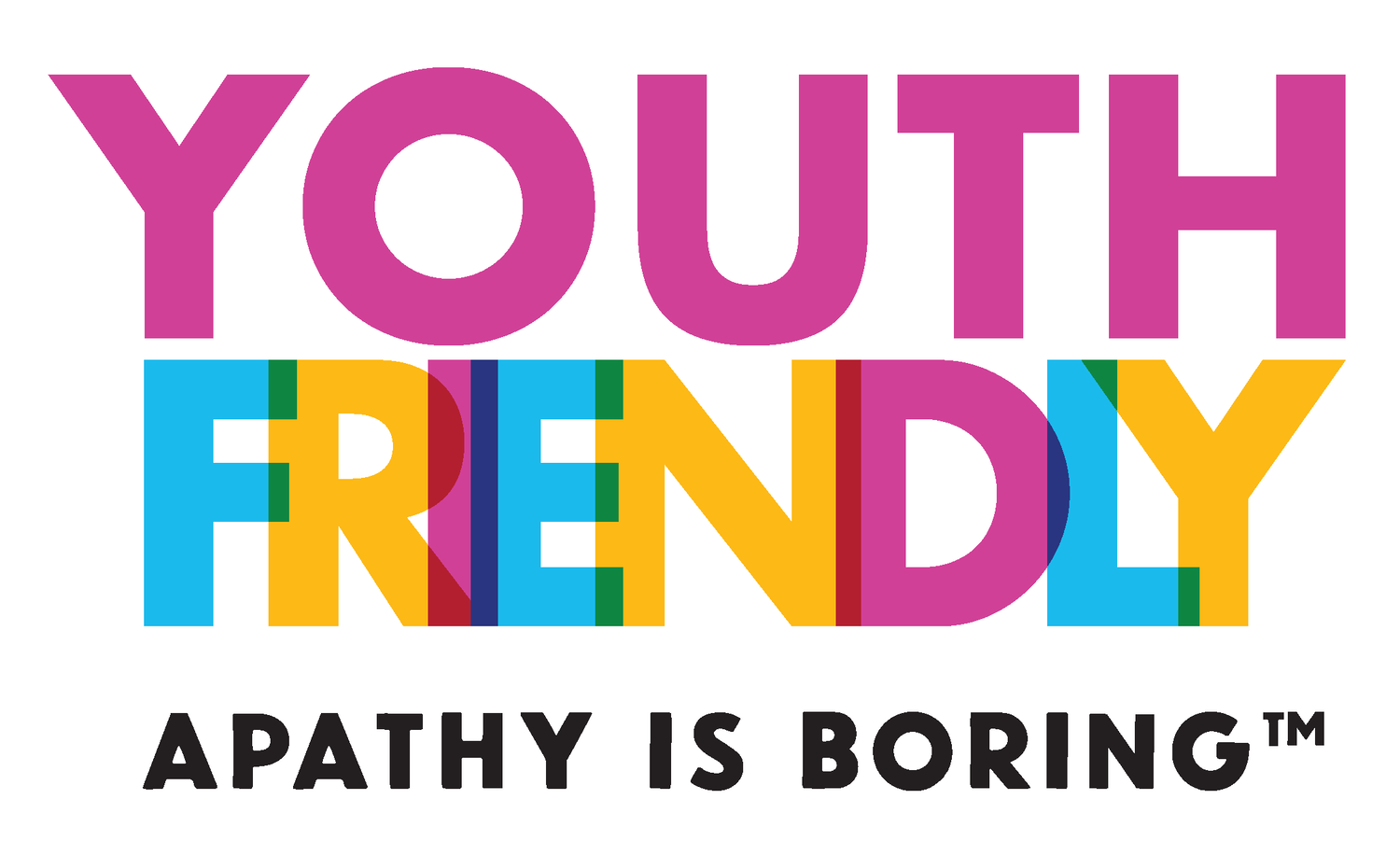What’s Up With Youth And Low Voter Turnout?
Leading up to Canada’s federal election on September 20, it’s time we talk about young people’s collective power as electors. With young people being the largest voting block in Canada, they have the ability to make a significant impact on the outcome of the election. But young Canadians have not been showing up to vote compared to older folks. For decades, youth turnout rates have been dropping — and by consequence, older generations are making decisions for young Canadians. This has not been a problem among all young people, Canadian youth today vote less than preceding generations when they were in this age group. And it’s not because young people don’t care, it’s because they participate in democracy in different ways, outside of electoral politics. But as the upcoming election approaches, youth participation is vital, not only because it allows youth to make their voices heard, but it is a way of upholding our system of democracy. So, why is it that youth don’t vote as much as older generations, and what would it look like if all young people voted?
It all comes down to, you guessed it, representation
From climate anxiety to a precarious job market, young Canadians have a wealth of concerns today. And sadly, they don’t always see these issues reflected or addressed in politics. One of the reasons youth don’t feel motivated to vote is because they don’t see themselves represented by elected officials. To young people, politicians can seem like enigmas who only reach out when they’re looking for a vote at election time. When young people feel genuinely represented by people in positions in power, democratic engagement comes more naturally. Most of the positions of power in Canada are filled by people in older generations, who often don’t pay much attention to the priorities of younger people. Young Canadians feel more inspired to vote when they see themselves reflected in the policies and legislation brought forth by elected officials — which often means representation through younger politicians. Because they relate to the lived experiences of youth, younger politicians are more favourable to young voters. And as a result, more young politicians are running in efforts to bring youth issues to the table. Sometimes young people may feel that they have to vote, not because they are passionate, but because they feel guilt. This is especially true for youth from marginalized groups, who feel they have to vote because preceding generations fought for the right of democratic participation. But voting out of guilt instead of passion or excitement is not the right reason to vote — and it doesn’t promote sustainable, long-term democratic engagement. Young people should vote because they want to vote, not because they feel they have to.
To get young people to vote in elections, we need to utilize innovative forms of engagement. In previous elections, Apathy is Boring engaged young people through social media campaigns, by showing them the determining power that one vote really has. This election, social media has become a key tool for youth engagement. Discourse about the Canadian federal election and party platforms can currently be found all over social media platforms. Any given party leader hashtag has millions of views on the video-sharing app TikTok, which is used mostly by Gen-Zers and Millennials. This goes to show the importance of shifting the ways we engage young people in politics. Young people are interested: we just need to shift the way we get them involved.
Remember: Young people have the power in this election
Young voters make up 40% of the Canadian population. Despite this, they have little influence when it comes to political decision-making. We need to change this. Today’s youth are the country’s future, so it is in everyone’s interest that their voices be heard and fully incorporated into Canada’s highest decision-making levels. When young people don’t vote, they are repeatedly not represented in politics, and this sets the precedent for their concerns not being addressed. If youth are reflected in Canadian politics, older generations can better understand what they view as the major issues facing the country, and how to best engage with them. Make no mistake: Canada’s youth voter turnout is not lower because they lack interest. Canada’s youth are simply shifting their focus from traditional forms of political participation (such as voting) to other models of democratic engagement. Youth voter turnout could make or break the outcome of this election, they just need to see that their voices matter.
Whether young people feel empowered to vote or not is influenced by their participation and the treatment they receive in the day-to-day systems that they engage with. This means educational institutions, government systems and organizations that they work/volunteer with. In order for young people to feel empowered to participate in democracy, they need to see that they are valued in these institutions’ systems. Voting is arguably the most effective way for young people to harness their collective power. Not only does it give them political agency, but empowers them to participate in all aspects of Canadian democracy.

